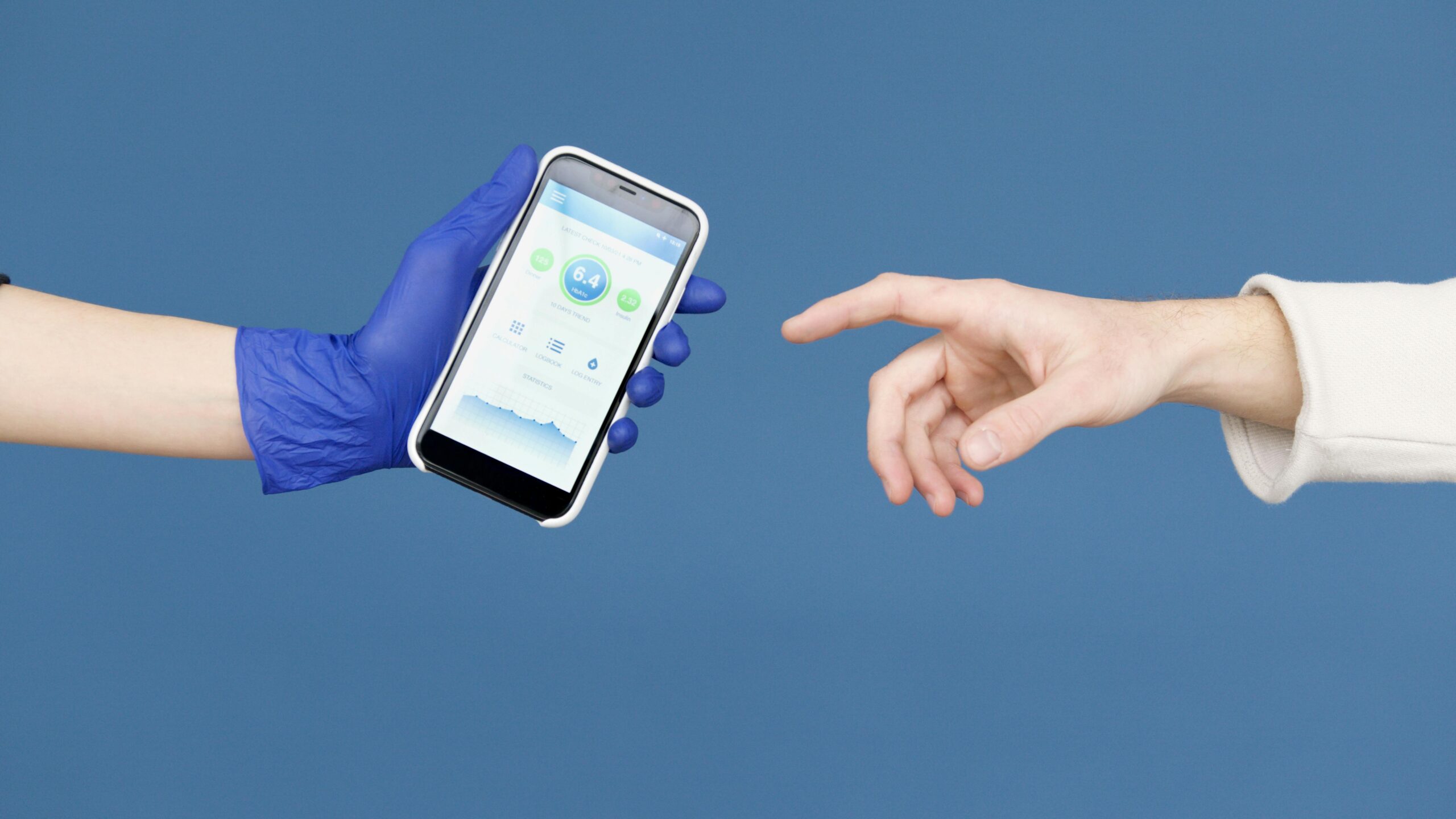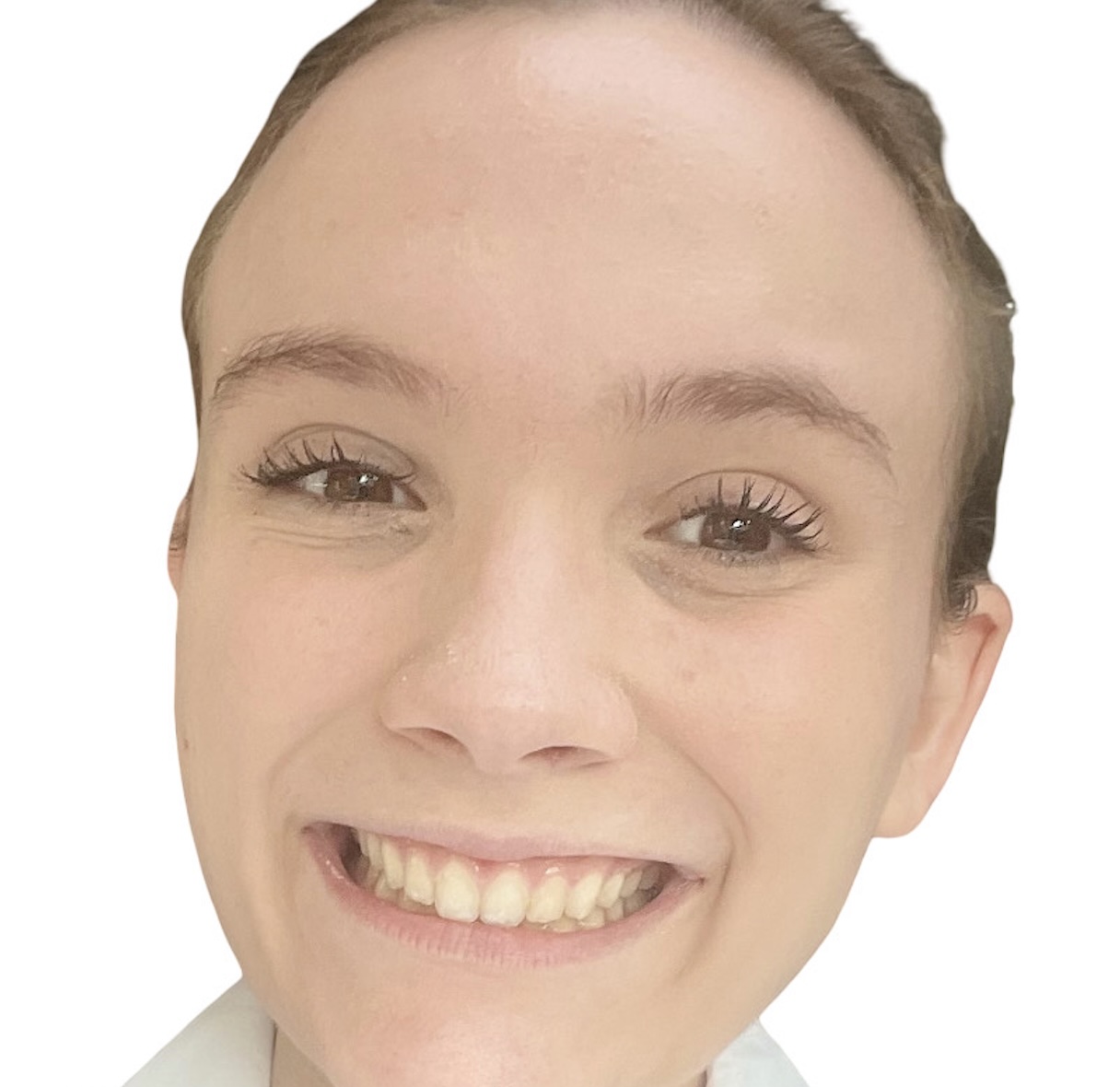Photo by Artem Podrez from Pexels
Access to quality healthcare remains a persistent barrier and a major challenge in developing countries. From bumpy roads to long travel times and staff shortages, patients in remote areas often face impossible odds when trying to access even the most basic of care.
But what if a simple text message could save a life?
Lately, mobile health (mHealth) tools have started bridging these gaps and changing lives in the process. One of the simplest and most powerful tools? A plain old text message. These programs revolutionize healthcare access, specifically in maternal health and vaccination efforts. That’s the power of SMS.
What Exactly is mHealth and Why Are Texts So Effective?
mHealth refers to the use of mobile devices (like cell phones or tablets) to support medical and public health practices. Smartphone apps and telemedicine are steadily gaining popularity as well, but SMS text messaging remains a highly effective approach. SMS works on all mobile devices, even the most basic of phones. It also does not require internet access. That’s why text messaging remains one of the smartest ways to reach communities with low internet access and basic phones.
As Patricia Mechael, Executive Director of the mHealth Alliance at the United Nations Foundation, puts it, “I frequently find myself giving talks in the U.S. about what America can learn about mHealth from Africa, Asia, and Latin America.” This global perspective reminds us that innovation isn’t always about cutting-edge technology. It’s about what works, especially in places with the greatest need.
Improving Maternal Health with SMS Reminders
Now imagine being pregnant and hours away from the nearest health clinic with no way to know when your next visit should be. From transportation issues to lack of information or even just forgetting appointments, the barriers are endless. But SMS changes that.
Setting up an SMS-based reminder system has helped to counteract these barriers by sending timely messages about upcoming visits, nutritional advice, warning signs of complications, and encouragement to seek care when needed. These life-saving reminders, once unimaginable in remote communities, are now just a text away.
One example of a specific maternal health program used involves the MomConnect program in South Africa. They have successfully sent SMS reminders and health education messages to millions of pregnant women. In response, attendance went up, healthier habits followed, and maternal and infant deaths went down.
It’s not just expectant moms who benefit, though.
Boosting Vaccination Campaigns with Text Messaging
Vaccinations are one of the most effective public health interventions. But getting kids vaccinated on time? That’s a whole different challenge. In many developing countries, children miss vaccines due to forgetfulness, misinformation, and/or difficulty accessing clinics. So why not use the phones already in their parents’ hands to protect them?
SMS reminders help serve as an important reminder and tool to combat these common issues. Health programs send parents timely texts reminding them of upcoming vaccination appointments, addressing common myths about vaccines, and providing information on where to get vaccinated. Studies show SMS reminders really work by helping raise vaccination rates and keeping diseases like measles, polio, and diphtheria at bay.
Why Simple Can Be Powerful
mHealth might sound like a futuristic concept, but SMS programs show that even simple technologies can have profound impacts on healthcare accessibility. They help to empower patients by giving them easy access to information, reduce missed appointments, and foster better communication between healthcare providers and communities.
SMS interventions are also cost-effective, easy to organize, and adaptive to local languages and cultural contexts. Mobile phone ownership continues to rise across the world and these programs offer an inclusive and easy way to reach vulnerable populations who might otherwise be left behind or isolated.
Challenges and the Road Ahead
Of course, no system is perfect.
Despite clear and revolutionary benefits, mHealth programs also face challenges. Ensuring data privacy, overcoming literacy and language barriers, and integrating SMS reminders with existing systems require thoughtful planning and investment. But with smart investment and creative thinking, SMS-based programs could help millions live longer, healthier lives.
SMS-based health tools are already transforming access to care in places that need it most. They’re saving lives, empowering patients, and building stronger, healthier communities, one text at a time. If a simple message can do all this, imagine what else is possible.



No responses yet